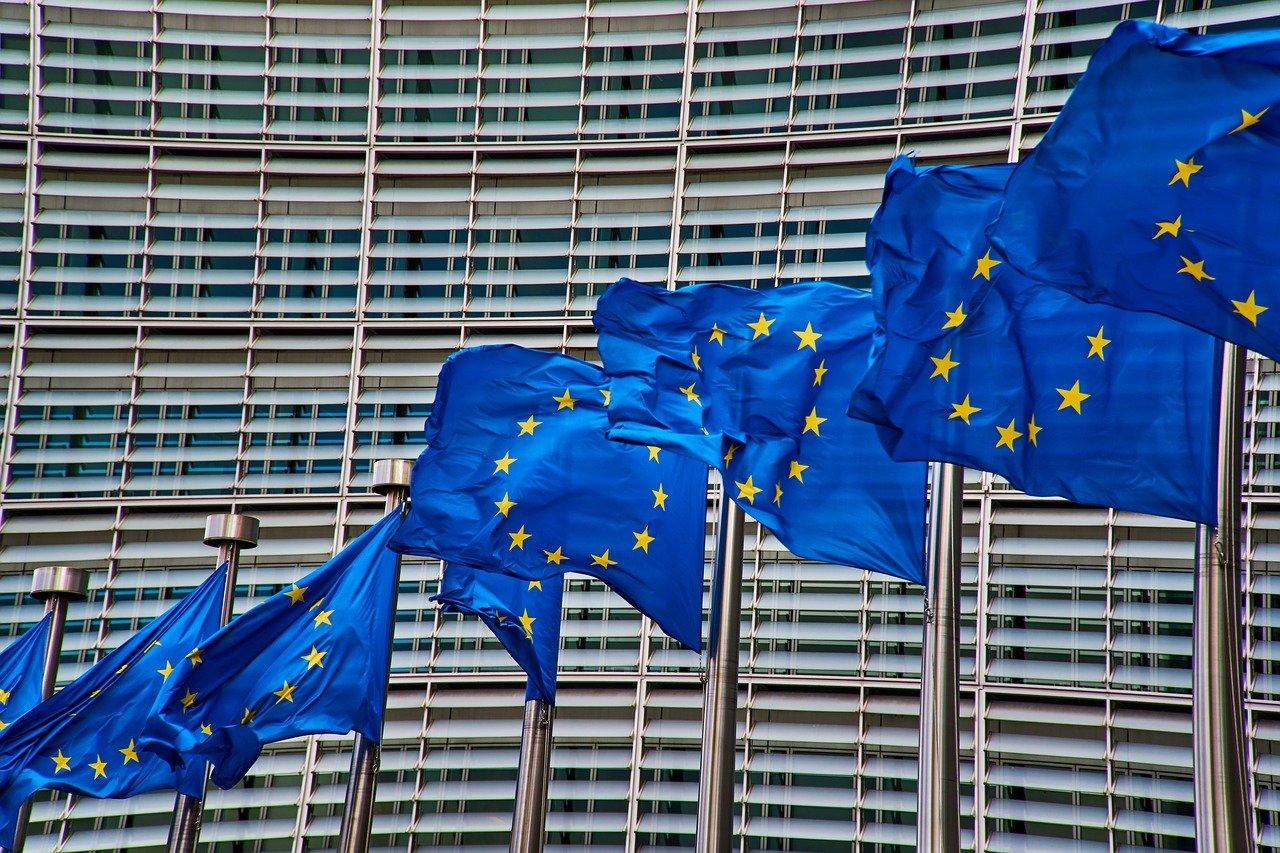blog
worldipreview.com
NPEs: hiding ownership and gaming the system

The lack of transparency around NPEs marks a serious problem for the European patent system, argues Patrick Oliver of IP2Innovate.
Share
Other blogs

IP2Innovate
Professors Hofmann and Raue: Taking proportionality seriously in the Unified Patent Court
Two German law professors, Dr Franz Hofmann and Dr Benjamin Raue have pooled forces to publish a joint paper this week on the delicate issue of injunctions and damages for the infringement of patents.
The paper, entitled ‘Injunctions and Damages for the Infringement of Patents under the UPCA; an Analysis in the Light of the Principle of Proportionality’ calls for a more nuanced approach to patent infringement cases, and it urges judges of the recently launched UPC to consider damages instead of automatic injunctions as a remedy in their rulings.

IP2Innovate
Congratulatory Letter to Executive Vice-President -designate Séjourné
Dear Executive Vice-President -designate,
On behalf of IP2Innovate, I write to congratulate you on your nomination as the European Commission Executive Vice-President-designate for Prosperity and Industrial Strategy. You are taking on this role at a pivotal moment as Europe seeks to embrace a new era of competitiveness, productivity, and innovation.

IP2Innovate
The UPC - an opportunity to get Europe’s patents house in order
With Austria signed up, the Unified Patent Court agreement has now been ratified by the required 13 member countries. The dream of forging one single patent jurisdiction for Europe is on course to become a reality, after decades of uncertainty.
